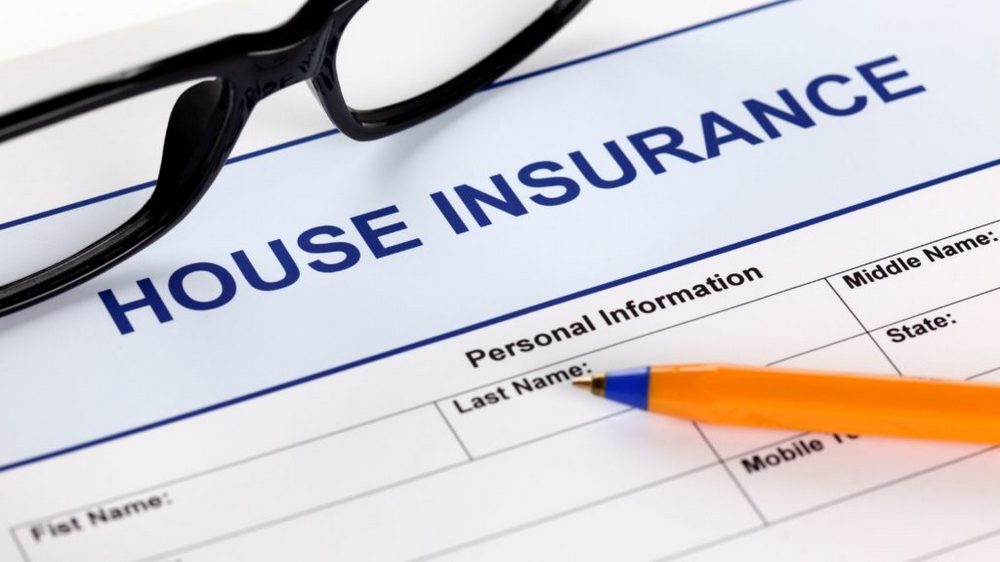
Choosing home insurance for the first time can be a very trying experience if it is not approached correctly. You may be lost at first, not understanding all of the terminology and jargon that the industry uses, which is why you need to take the time to educate yourself, so you know what the contract is stating while you are reading through it.
Fortunately, you are here, so you are ready to start learning the basics about it and to get some great tips for choosing home insurance when moving to a new house. These tips will even apply if you have an existing policy for the place you are moving from. In essence, you will need to start over and get an all-new home insurance policy covering the new location.
Let’s jump right in and get to it.
· Budget – Create an updated budget so you know how much you can afford to pay for premiums, which will give you the starting point once you begin to search for a carrier. Having a budget, and following it, will keep your financial position in a positive light, allowing you to know what needs to be paid and when it is due.
· Research Area – If you have moved into an entirely different area of the world, you will need to take the time to learn about the area. If it is prone to flooding, you must ensure that your new policy covers it fully. On the other hand, if you live in a secluded place in the middle of a forest, you will need to opt for fire coverage because, let’s face it, wildfires happen.
· Research Market – Just because you may have bought the house at a specific price does not mean it will keep its value over the long haul. It would be thought that as houses age, they would become worth more money than what was paid, as long as it is taken care of. That is true, for the most part, but if a contractor plans to level as many houses as possible to build apartments, your property value may go down. Research the area you have moved into, and the ones close by to get a good idea of where the neighborhood is headed.

· Compare Insurance Carriers – Not all insurance companies are created equally. They will have varying premium amounts for several different policies, but they will rarely offer the exact same policy as the person down the street. That is why you need to take the time to compare policies on a site like iSelect Australia, where you can compare & save on car, travel, life, home loans, & more. They will do all the work for you, leaving you the simple task of reading through each offer and finding the perfect home policy at a price that will not break the bank.
· Understand The Do’s And Don’ts – The AI controlled contracts today are a little more refined and cater to your specific needs, but you still need to look through the entire contract. Not just the first offer, either. You need to compare as many of them as possible to see which one offers the insurance amounts and types you need. Most plans will have a section where they list the things they cover and the things they don’t. Get familiar with them once you sign a contract, so you are not surprised later down the road.
· Deductible – Setting the deductible amounts can substantially impact the home policy. It will come as a preset amount, but you can adjust it higher or lower, depending on your financial situation. The higher it is set, the cheaper your premiums will be. But it also means that if you ever need to file a claim, you will have to pay more money out of your pocket. So it is a gamble if you play with the deductible amounts, so be careful.
· Know What You Have – Take the time to make an itemized list of every object you have that is worth some money. List the item’s name, when it was purchased, how much it was purchased for, and how much it is worth now. It will take a little research to find the answers, but if you write it down every time you purchase something, it will be simple from now on. You want this list because you will know what you have if something should happen, like a theft, and you will have an itemized list that totals the amount of coverage you need.
There is a substantial amount of things that you need to know when you are purchasing a new home insurance policy, but it is more straightforward if you take the time to educate yourself. If you know the terms and lingo that the insurance industry uses, it will be much easier to figure out what your coverage will actually be.
And, as always, make sure that you compare as many companies as you can, and never, ever pick a policy simply because it is the cheapest. Compare all the policy aspects, and then, after you find those that work, you can select the lowest cost. Just make sure that the coverage will actually cover the amounts that you want it to cover.









